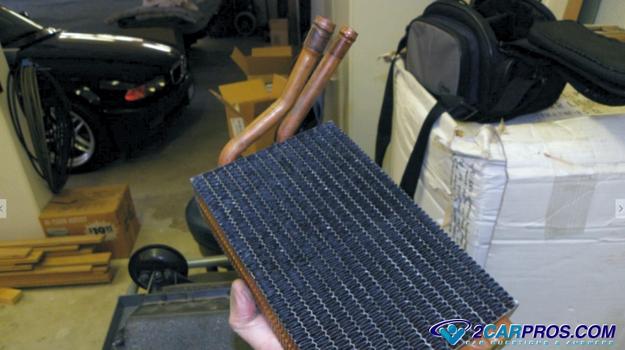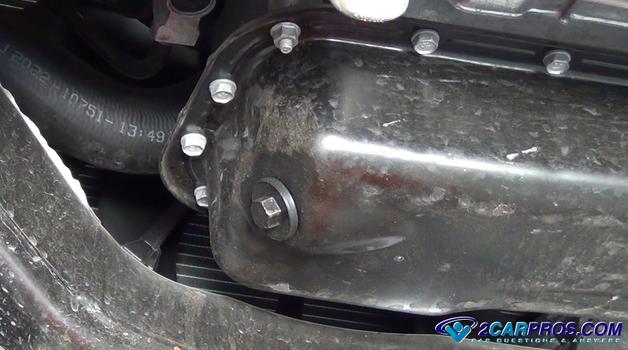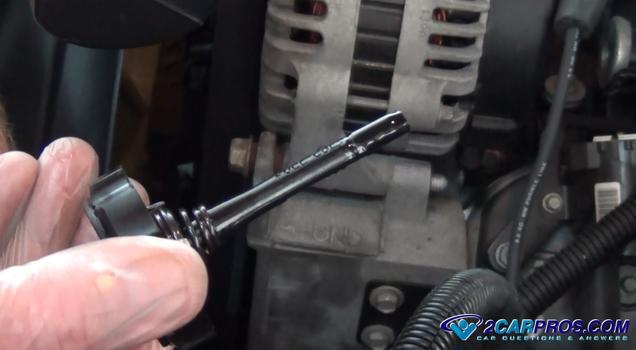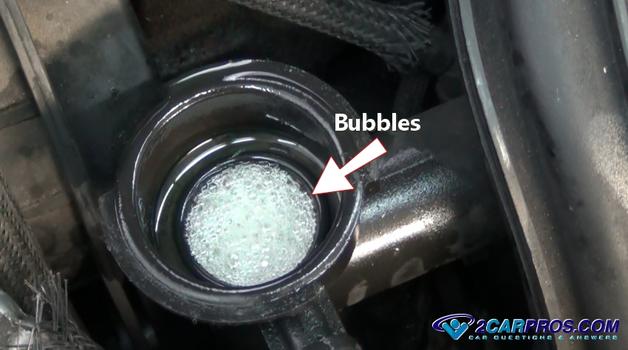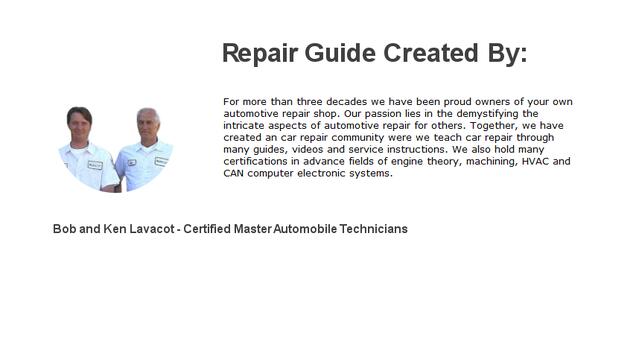Introduction
Your vehicle can make bubbling or gurgling noises for a verity of reasons, and can be a signal of various underlying issues within the vehicle. Here is why this phenomenon occurs and how to fix it in order of popularity, try to listen to the noise and see where it is being generated from so you can get a better idea what the problem may be after looking through the steps below.
This detailed guide will walk you through the common causes, diagnostic methods, and steps to fix these issues. Park your car on level ground, make sure the engine is cold with the parking brake set. To start the inspection, its a good idea to have a flashlight and gloves with protective eyewear.
Common Causes of Bubble and Gurgling Sounds in Cars
1. Engine Overheating: If the engine is overheating is can cause a thermo-lock in the cooling system which can produce a gurgling noise inside the engine radiator or coolant reservoir. This can be due to a stuck thermostat, blown head gasket, bad radiator cap or a coolant leak which can cause coolant to be forced into the overflow container which can create a bubbling sound, (Note: Never check coolant levels until the engine has cooled completely to avoid burn hazards).
3. Low Coolant Level: If the cooling system is low, it can cause a gurgling noise as the system pushes this liquid throughout the system. To check for this problem make sure the engine is cold before opening the system and checking the coolant level.
2. Air Inside Heater Core: When air bubbles get trapped inside the heater core and can make a gurgling sound while the engine is running. This problem usually goes away after several cycles of driving and allowing the engine to cool, but if not, start the engine, (heater on) and raise (jack up) the rear of the car and air bubbles should work their way out after a short time, (5 minuets approx), if that doesn't work raise the front of the car and repeat.
3. Air Conditioner: If you run the air conditioner for while on a hot day, it can cause the evaporator coil to freeze small amounts of refrigerant inside the core. When you shut the engine off, this refrigerant will start to thaw out creating a bubbling noise, this is normal and no repair are required.
4. Gurgling as Engine is Shut Off: Engine oil is circulated throughout the engine while its running, when the engine is shut off this oil which is now pumped to the inside the cylinder head(s) will drain down and back into the oil pan, again this is normal and not a problem.
5. Power Steering Fluid: If the steering fluid level is low, it can pull air into the system causing a gurgling noise due to the air bubbles in the system. Check the power steering fluid level by locating the fluid reservoir and removing the cap (twist counter clockwise). If the fluid level is low add manufactures recommended fluid and allow the system to stand for a period of time to allow air (aeration) to dissipate.
6. Blown Head Gasket: If the head gasket has failed, it will continuously pump exhaust gasses into the cooling system creating bubbles inside the radiator. To check for this, wait until the engine is cold and open the radiator, then start the engine and observe the coolant. Iif it looks like the image below the head gasket needs to be replaced to fix the issue.
Conclusion
Bubble and gurgling sounds can be normal, or a prelude to more serious problems, in any case you should know why the bubbling or gurgling noise are produced to be a more informed driver. By following this step-by-step guide, you can identify the root cause and take the necessary actions to fix the problem if necessary.
Credits
This guide knowledge base was created by the 2CarPros Team, and by Ken Lavacot: Automobile repair shop owner and certified master automobile technician of over 30 years. If you have question or need help please ask one of our experts we are happy to help. Please visit our 2CarPros YouTube Channel for additional car repairs.

